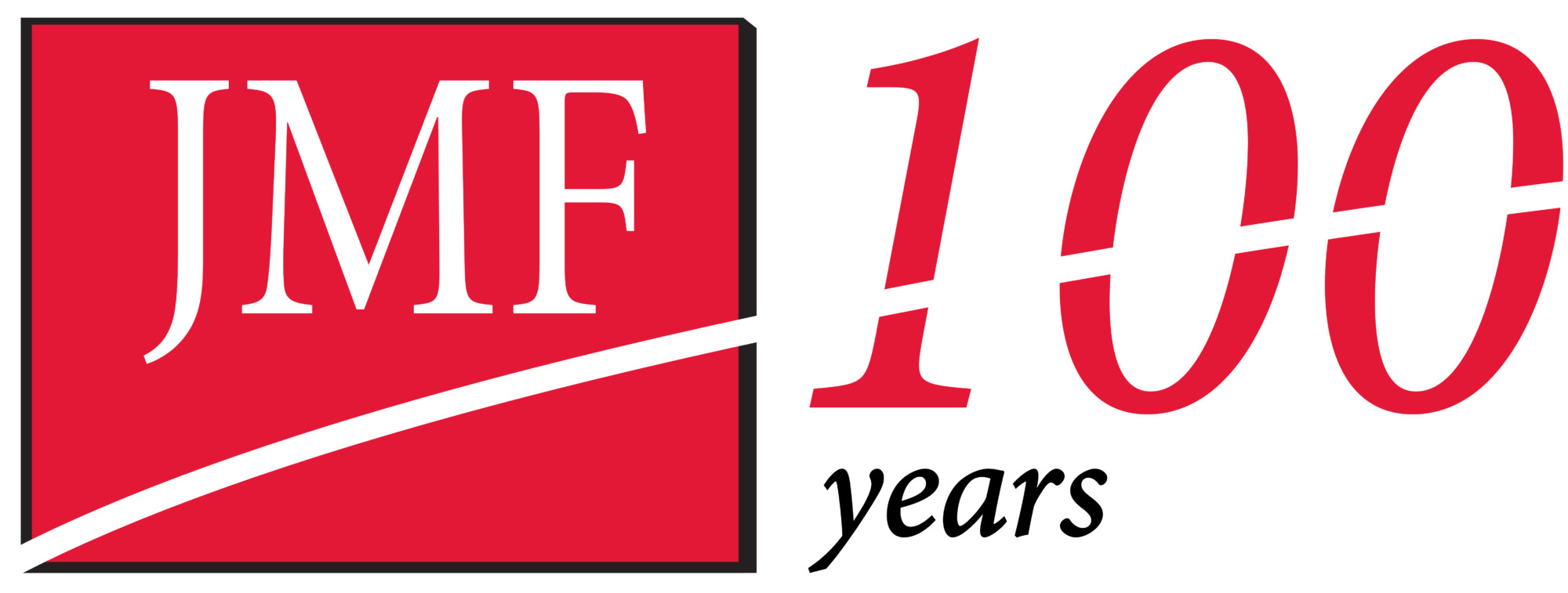- Contact the decedent’s attorney to determine the date of the last executed Last Will and Testament. Many times the attorney has the document in safe keeping or it is in the decedent’s safe deposit box. The Last Will and Testament of the decedent will name the personal representative of the estate.
- Make an appointment with the estate attorney to begin the probate process or to determine if probate is necessary.
- Discuss with the estate attorney the payment of the decedent’s final debts, any outstanding debts at death and the expenses of administration.
- Make an appointment with the decedent’s accountant to determine any outstanding tax issues or tax filing requirements.
- If the personal representative does not reside in the household that the decedent was living in, file a change of address card with the U. S. Postal Service. Since mail will not be forwarded indefinitely, begin to have the address changed on all mailings received in the decedent’s name and mailed to the former address.
- The personal representative will be responsible for filing a final income tax return for the decedent. This return is due on April 15th following the year of death.
- Obtain copies of death certificates. Many companies require a copy of the death certificate prior to transferring assets to the beneficiary, so multiple copies should be obtained. Depending on the size of the estate and the number of assets held by the decedent, the executor could need one copy or ten or more copies.
- Apply for a TIN (Taxpayer Identification Number). This can be done on the Internal Revenue Service website at www.irs.gov. However, some of the information required may need an explanation, so consult with the estate accountant and/or attorney before applying.
- Obtain an estate bank account. This account usually cannot be opened until the Last Will and Testament has been probated and Letters Testamentary issued to the personal representative by the probate court.
- Once the estate bank account is opened, all receipts and disbursements associated with the estate should be transacted through this account.
- Contact the Social Security Administration and any other government agency that is paying benefits to the decedent. They will assist you in the required paperwork to either close the account or stop benefit payments. If there are remaining assets to be distributed they will assist you in getting the information needed to distribute the assets to the proper beneficiary.
- Cancel all credit cards in the decedent’s name or have the decedent’s name removed from accounts held jointly with the surviving spouse.
- Cancel voter’s registration.
- Notify the decedent’s insurance company to have the estate included as the insured on home, auto and land policies.
- Contact any insurance companies that have policies insuring the decedent. Each company has certain documents that they will need to receive prior to paying any benefits. The company will send an information package to guide you through the process.
- Many bank accounts, brokerage accounts, IRA or other pension accounts have a designated beneficiary listed on the account when it was opened. This is often not the estate. These assets will not “pass” under the Last Will and Testament, but will instead be distributed according to the beneficiary designation listed on the account documentation. The executor will need to make an inquiry on each account. The company holding the asset will give you direction on how to have the asset distributed to the proper person or to the estate.
- IRA and pension accounts usually have tax elections that will need to be made concerning the receipt of distributions by the estate or the designated beneficiary. You should discuss these assets with the estate accountant as soon as possible after the death of the account holder.
- Gather information related to the financial affairs of the decedent. The following list is not inclusive, but should assist you in the type of items you will need to gather:
- Funeral and Burial Plans.
- Last Will and Testament
- Safe Deposit Box Keys
- Life Insurance Policies
- Trust Documents
- Bank Account Information
- Brokerage Account Information
- Bank Statements and Brokerage Statements for at least the last year. However, three years is suggested
- Pension and Retirement benefit information
- Deeds
- Old tax returns – The decedent’s accountant should be able to supply copies of these if they are not found among the decedent’s belongings
- Pre- or Post-nuptial Agreements
- Divorce documentation
- Computer records or books related to both personal and business assets
- Leases
- Motor vehicle titles
- Notes receivable
- Stock, bond or mutual fund certificates
- Series EE or HH U.S. Savings bonds
- Health Insurance information
- Unpaid bills, mortgages or debts
- Evidence of any ownership interest in a business, partnership or limited liability company
- Make an inventory of household goods so that they may be accounted for and distributed properly.
- If the decedent owned a business, the personal representative will need to proceed with either continuing to run the business or to dissolve the business. If there is a business involved, please discuss this with the estate accountant and attorney as soon after death as possible. There are a number of items that will need to be addressed, regardless of the type of entity involved.
- At year end, gather the decedent’s tax filing documents (Forms 1099, Schedule K-1’s, W-2’s, etc.) to be used in filing the final income tax return.
- Prior to making any distributions to beneficiaries of the estate pursuant to the Last Will and Testament, obtain the beneficiary’s name, address, and Social Security Number. Many, but not all distributions from the estate will require the recipient to report taxable income on their personal income tax return. The amount reported will not necessarily correspond to the value of the asset or cash received. Please discuss with the estate accountant whether a distribution will cause the beneficiary to receive a tax statement from the estate – called a Form 1041, Schedule K-1. If the beneficiary will receive a Schedule K-1, he/she should be notified prior to filing his/her personal income tax return in the year the distribution is received.
- The estate becomes an entity for income tax purposes. It is required to file an income tax return in the same manner as an individual or any other entity. The annual return is filed on Federal Form 1041. The year end of the estate does not have to be December 31. The estate accountant will assist you in choosing the most advantageous year end. The tax return is due on the 15th day of the 4th month after year end. For a December 31st year end, the tax return is due on April 15th of the following year.
- Any wages paid to sitters or household employees by the decedent (or by the estate after death) will generate a requirement to file payroll tax reports. Please discuss this with the estate accountant.
- If the decedent made any gifts during the year of death or has unreported taxable gifts made during his or her life, it is the personal representative’s responsibility to make sure that gift tax returns are filed.
- An estate may be required to file a Federal Estate Tax return, Form 706. This return is required for estates with gross assets valued in excess of an amount set by Congress. Currently (2016), an estate with assets valued in excess of $5,450,000 (indexed annually for inflation) must file Form 706. Gifts made during life and other factors may affect this threshold. In addition, if there is a surviving spouse, an estate return must be filed to elect “portability” of the decedent’s Deceased Spousal Unused Exclusion for the DSUE to be available to the surviving spouse. These issues will need to be discussed with the estate accountant and the estate attorney.
- Several states also require an estate or inheritance tax return. The threshold for filing may be much lower than the Federal filing requirements. If the decedent held property outside of the state of domicile, this should be discussed with both the estate accountant and estate attorney as soon as possible.
For more information, please do not hesitate to contact JamisonMoneyFarmer PC at 205-345-8440.
CERTIFIED PUBLIC ACCOUNTANTS
BIRMINGHAM | TUSCALOOSA | SELMA
| www.stg-zofavina-staging.kinsta.cloud | 205-345-8440|
Copyright © January 1, 2015 JamisonMoneyFarmer PC






Leave A Comment
You must be logged in to post a comment.